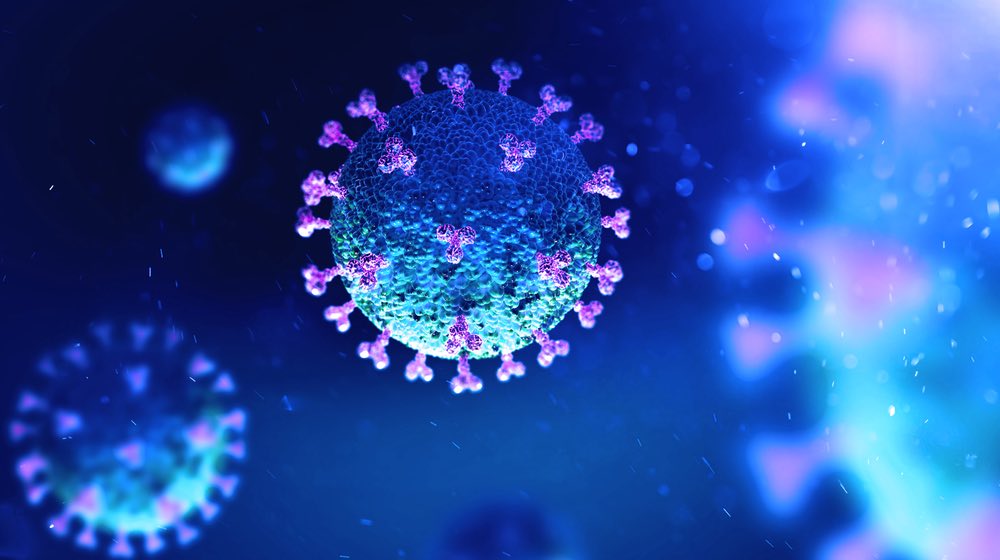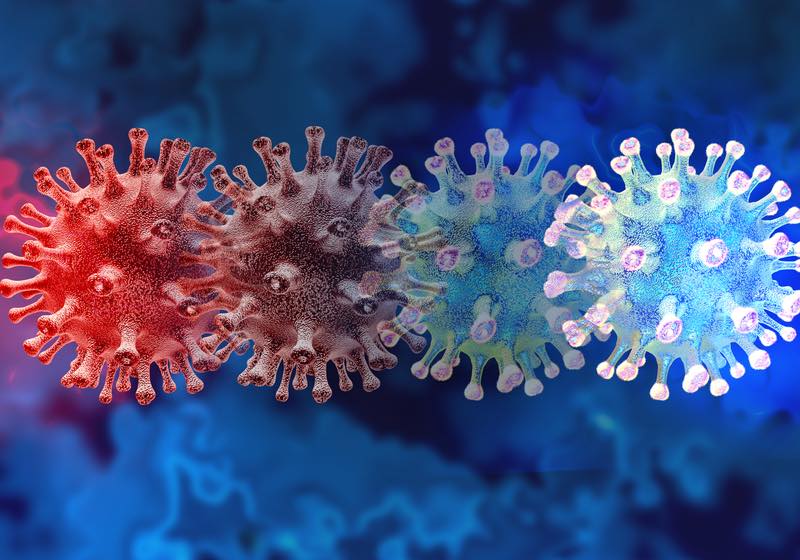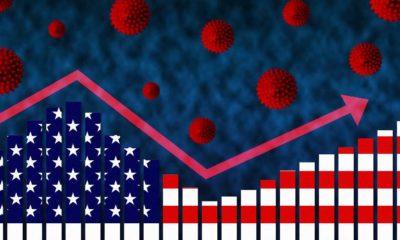Coronavirus
The MU Variant | 3 Reasons Why It’s WHO’s New Covid Variant of Interest

Have you heard of the new covid variant, the MU Variant? The World Health Organization has become increasingly concerned about a new mutation of the COVID virus.
Last Tuesday, the World Health Organization has released its Weekly epidemiological update on COVID-19. In this edition, a special focus update is provided on:
- SARS-CoV-2 Variants of Concern (VOCs) Alpha, Beta, Gamma, and Delta which includes updates on the geographic distribution of these VOCs.
- And a description of the newly classified Variant of Interest (VOI), Mu.
Related: Breaking: Pfizer’s Covid-19 Vaccine is Fully Approved in the U.S.
What is MU?
This new variant of COVID has been named after the Greek letter mu, though it also goes by the designation B.1.621. Brits pronounce mu like a cat's “mew,” while Americans say moo like cows do.” But how you read this sound is up to your preference!
Want to see the full article?
Click here to read the full article on mightygoodness.com
MU Variant Origin
This variant is called MU and was first identified in Colombia before spreading to 39 countries including many larger outbreaks around South America and Europe.
Although cases have declined globally over time, it appears that this strain might be gaining steam as more infections are reported from Columbia and Ecuador so far.
3 Reasons why MU Covid Variant is in WHO's Watchlist

Here are the 3 Reasons why WHO has added the MU Covid Variant as a New Variant of Interest:
- Mutations. The new variant of Covid has something called a P681H mutation linked to faster transmission.
- System mutations. This can help the MU variant evade immunity defenses that people have developed from either getting vaccinated or have had an infection in their past.
- Monoclonal antibody treatments may not work against this specific strain of the virus.
What does it mean for the WHO to be monitoring a variant? What makes it different from the previous four variants of interest?
MU Covid Variant is reportedly a different set of mutations. It means that this is just a different version that they think is of interest and may cause problems somewhere around the world.
Even if it is very good at escaping the effects of the vaccine, it might not be any more transmissible or maybe less transmissible. We're only finding out about that recently but they vanished which could suggest that it's not able to out-compete the delta variant.
It has been reported in over 39 countries and was said that means genetic mutations indicate natural immunity, current vaccines or monoclonal antibody treatments might not work as well against it.
What we need is for this particular variation of flu to be studied more so scientists around the world can better understand it before developing potential cures/vaccines.
At this point, we cannot say with certainty that the mu variant is more contagious than the Alpha and Delta viruses. The Mu variant makes up only .2% of all cases, so it's a tiny slice of the pie.
It has not yet spread like wildfire as those variants have done though they may change to survive similarly.
Viruses evolve to survive.
Will vaccines start to lose their effectiveness over time?
While either vaccination or prior infection doesn't guarantee complete prevention of this infection, the vaccine's goal is to make sure that people don't get sick, don't get in the hospital, or don't die from this infection.
If everyone gets vaccinated, it will box in the virus, so that it can help prevent its evolution and development into something more dangerous or deadly.
Doctors said that they are a little less keen on reacting strongly right now to people getting becoming increasingly infected by the Delta variant and others because there are other reasons why this is happening.
Not only are there certainly possibilities of immunity waning, but the virus is also becoming a little more resistant to the antibodies.
They have observed that human behavior has changed in the last few weeks and months. People have gotten tired of wearing masks, of social distancing, and of staying at home.
This will increase the exposure that people have to the virus. These are factors to consider on what the virus is doing and how the pandemic is proceeding.
The spread of the virus needs to be stopped in order to prevent mutations that may reduce vaccine efficacy.
This requires manufacturers and programs using vaccines to make adjustments, such as incorporating multiple strains when developing a vaccine, requiring booster shots periodically, or other changes are needed for new vaccines.
Here is Johns Hopkins University‘s Daily COVID-19 Data in Motion: September 1, 2021:
You Might Also Like:
- Supreme Court Rejects Bid to Block Texas Anti-Abortion Law
- Biden Says Withdrawal Was An ‘Extraordinary Success’
- Great Leaders Are Continuous Learners
Keep up to date with the breaking news by following us on Facebook and Instagram.













1 Comment
No diseases in world history has ever mutated this often, this quickly. China did this. They released this virus into the world. They also have a real vaccine for it, otherwise we would hear about mutations IN CHINA!